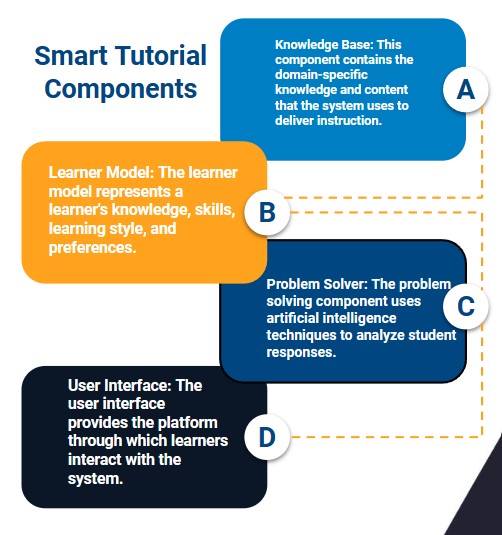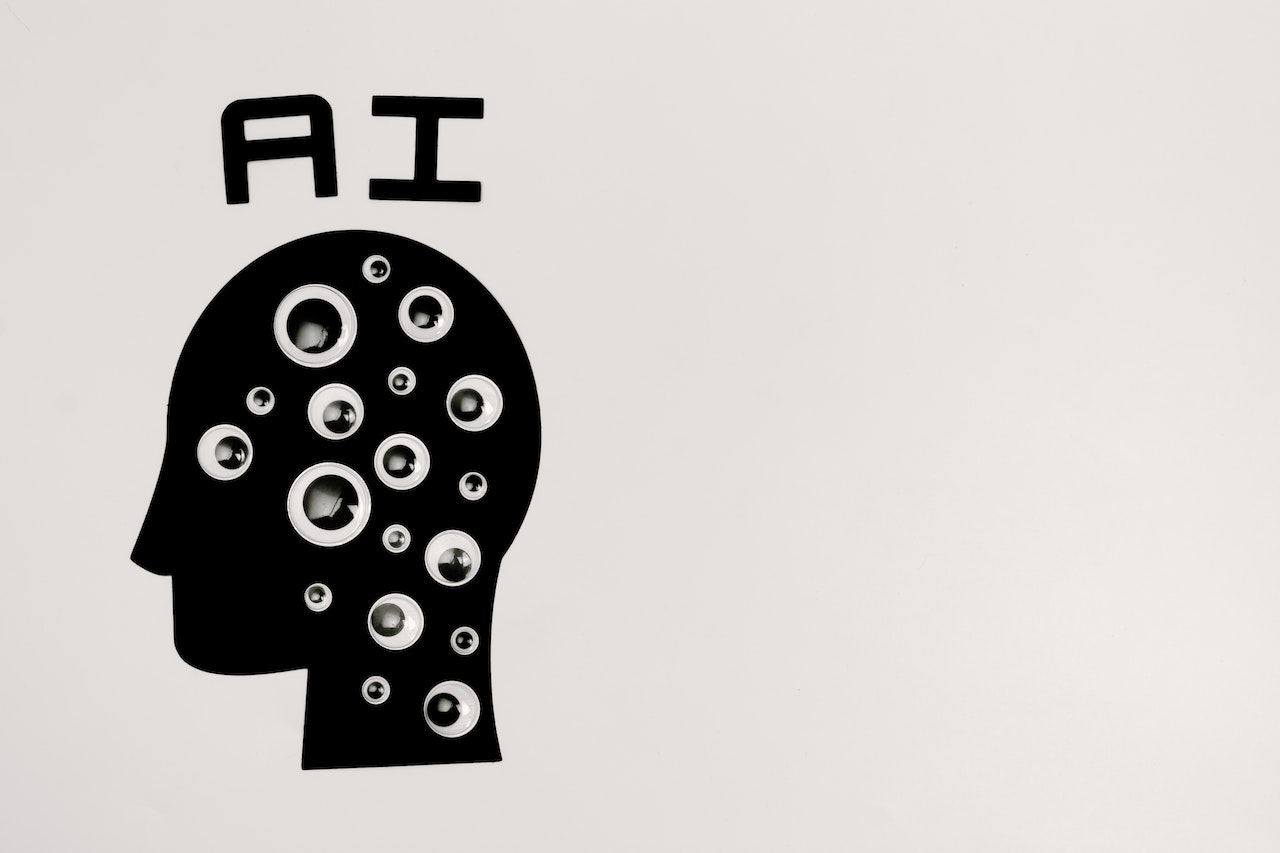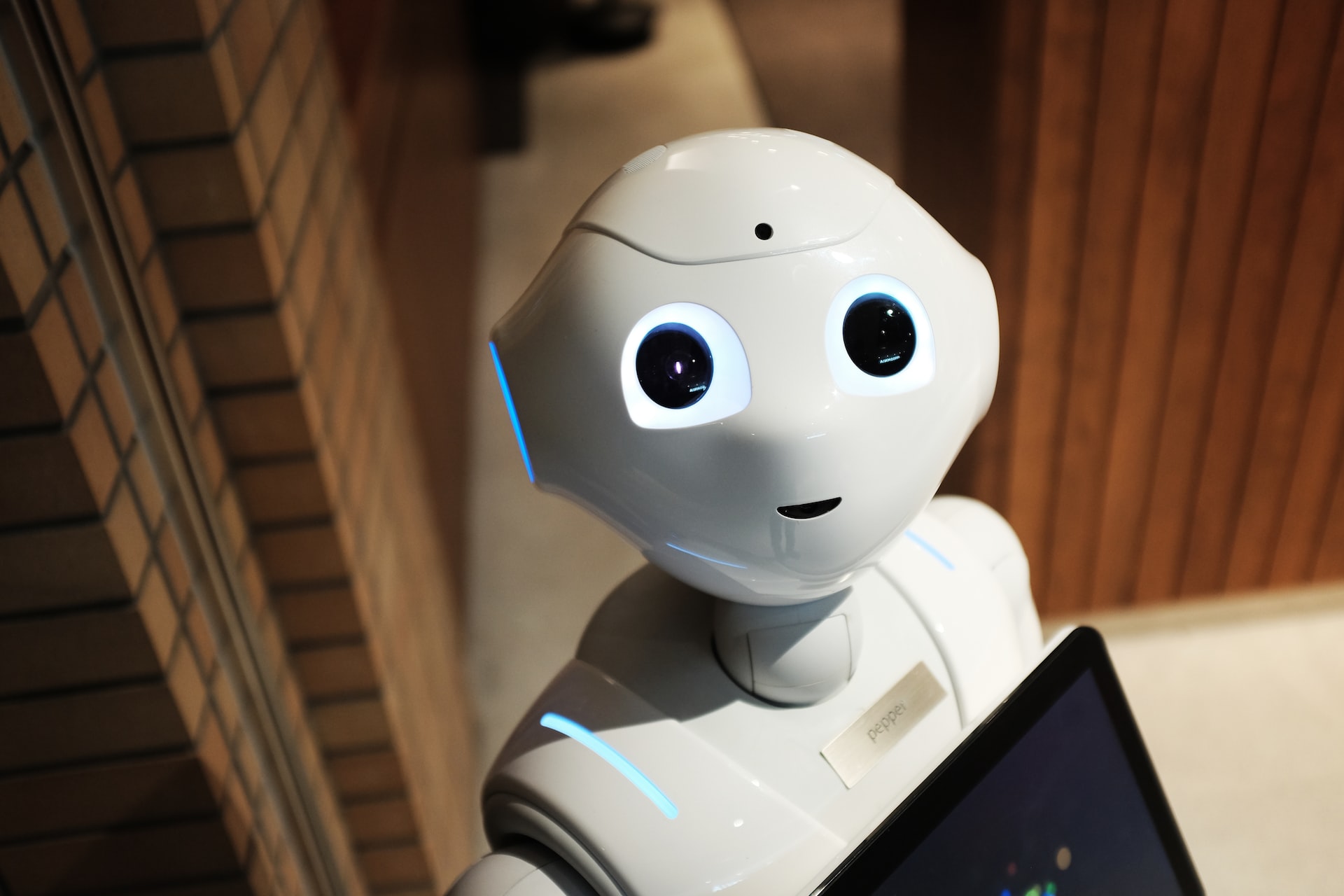AI in Education: Investigating the potential of AI to revolutionize education
June 28, 2023
Table of contents
Quick Access

Artificial intelligence has fundamentally transformed the world, and education, of course, was not going to be left behind. Educational institutes have always adopted current trends to help their students learn effortlessly and without boredom, therefore AI has numerous educational benefits.
Artificial intelligence will be used to develop adaptive learning platforms
An adaptive learning platform is a technology-driven educational tool or system that uses artificial intelligence (AI) and machine learning algorithms to customise each student's learning experience. It is intended to adjust educational content, timing, and activities to each learner's unique requirements, preferences, and abilities.
"The concept of adaptive learning has been around for decades," Google says of adaptive learning. "It is a style of learning in which pupils are given individualized resources and activities to meet their specific learning needs. For example, if a student is struggling with fraction addition, a teacher may offer 1:1 tutoring or additional practice problems."
The primary purpose of an adaptive learning platform is to improve student engagement, learning results, and learning process efficiency. The platform may dynamically alter the content, level of difficulty, and sequence of learning materials to match student knowledge, skills, and style by collecting and analyzing data about student performance, behavior, and progress.

The components of intelligent tutoring systems
Intelligent Tutoring Systems (ITS) are computer-based educational systems that use artificial intelligence (AI) and machine learning approaches to give learners with tailored and customizable instruction. ITS strives to mimic the job of a human tutor by providing students with personalised advice, feedback, and assistance as they study.
Smart coaching systems often include the following elements:
- The Knowledge Base contains the domain-specific knowledge and content that the system uses to offer instruction. It contains the information and rules required to solve issues or comprehend concepts in the topic area.
- Learner Model: The learner model depicts an individual learner's knowledge, abilities, learning style, and preferences. It is constantly updated based on student engagement and system performance.
- Problem Solver: The problem solving component analyzes student responses, tracks progress, diagnoses misconceptions, and generates relevant instructional feedback using artificial intelligence approaches. You can detect problem areas and modify educational content and activities accordingly.
- The user interface serves as the platform via which learners interact with the system. Text-based or graphical interfaces, as well as interactive features such as virtual agents or avatars that replicate human-like interaction, can be included.

Personalized learning experiences are the future of artificial intelligence in education
Artificial intelligence is already having a significant impact on education around the world, not only through adaptable platforms and intelligent tutoring, but also through individualized learning experiences.
Personalized learning experiences are educational approaches that are personalized to the requirements, interests, and abilities of individual learners. tailored learning, as opposed to a one-size-fits-all strategy, strives to provide students with tailored education, content, and pacing that best supports their learning journey.

"Artificial intelligence applied to education leaves us with some certainties: it is here to stay, it will grow, and it is already a tangible reality in our environments, with greater or lesser intensity, as demonstrated by the numerous initiatives already underway, which also collects the study," they write.
“It seems that the experts believe that AI could become, this time, the tool that helps us to end the digital and educational divide. It is true that the skepticism of those who think that we will repeat the naive mistakes of incorporating ICT in the classroom of the last two decades persists. However, despite the skeptics, these 20 years have taught us things and artificial intelligence leaves us with an open future that we must take advantage of” they concluded.
We recommend you on video
Related Blogs

Rootstack asistió a eMerge Americas 2024 en Miami

Cómo integrar UiPath RPA con una base de datos

Servicios de desarrollo de Magento para la industria de la salud
Las mejores prácticas para contratar a un desarrollador Drupal

5 pasos de la implementación de UiPath RPA

